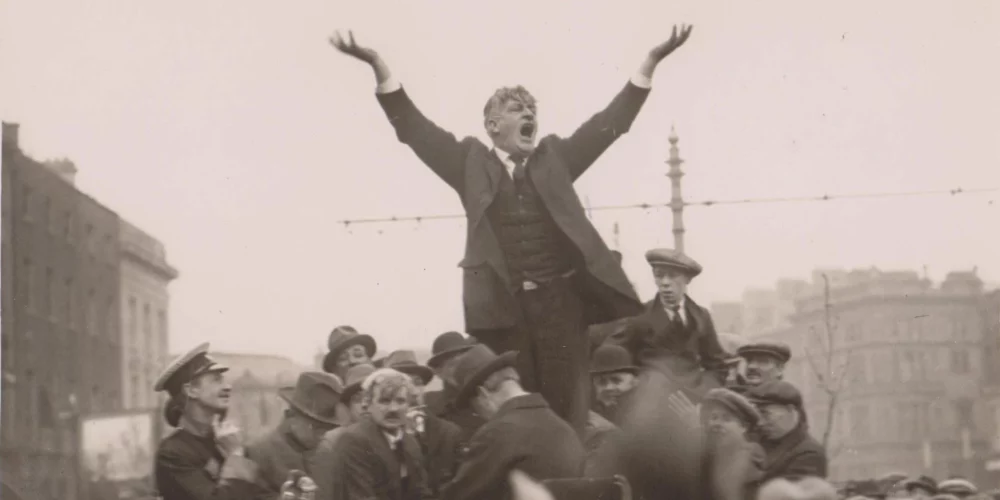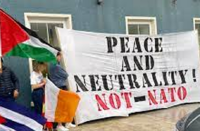As communists we understand the importance of the trade union movement. It is, first and foremost, simply the work-place or industrial collective organisation of the working class. Its most important function is as a working-class defence against the worst ravages and exploitation of employers and bosses. It is workers coming together to have a collective voice at work to defend and, where possible, improve working conditions.
In many ways this simplicity, or clarity if you’d prefer, was eroded through the regulation and institutionalising of conflict at work. Increased legislation to control unions and increased processes and procedures to control conflict or disputes, coupled with government-led “social partnership,” have diluted and weakened our trade union movement organisationally and its focus and aspiration.
We often hear the paraphrased quotation from Marx about how unions are schools of socialism. And maybe they were when he wrote this, but it is more accurate now to say that unions have the potential to be schools of socialism if they act in a particular way. Otherwise they actually tend to reinforce or mimic “consumer” behaviour and ideology and therefore are closer to schools of capitalism than of socialism.
What Marx meant was that when workers are organised at work and are in conflict with their employer we learn about labour and capital: we learn about capital’s efforts to increase its profits at our expense, we learn about the power that we have as workers when we act together, and, if the state intervenes (as it often did and does on the side of the employer) we learn about the class nature of the state and the arms of the state. This is a basic schooling in the struggle for socialism.
However, when conflict at work is outsourced to industrial relations machinery, and the government is presented as a neutral player, or possibly an ally, the accuracy of Marx’s observation must surely be challenged.
Since the great financial crisis of 2008 and in Ireland the collapse of “social partnership” we are seeing an incremental, rather than monumental, shift by workers towards organising, unionising, and strengthening our collective. There are examples among most unions and workers in entirely new sectors of the economy building their own collective space and structures. There are also now renters collectively organising in CATU. This is all positive incremental change.
But we, as communists in the movement, have to ask a number of crucial questions:
- Are activists organised well enough within unions to stand for positions to strengthen this incremental move?
- Are activists organised within unions so that experiences can be shared, lessons learnt, and confidence gained?
- Is training sufficiently structurally integrated in our activities?
- Do union officials do enough to support members who want to organise?
- Are sufficient resources invested in organising from within union budgets?
- What role can the TULF play to enhance this debate among trade union activists and structures?
The trade union movement is never by definition “good” or “bad”: it is broadly reflective of its membership. But if members and workers become more structurally organised and focused, unions can, will be and are incrementally shifting; and who knows but one day this may revive Marx’s adage about schools of socialism. One day the incremental may become monumental.






